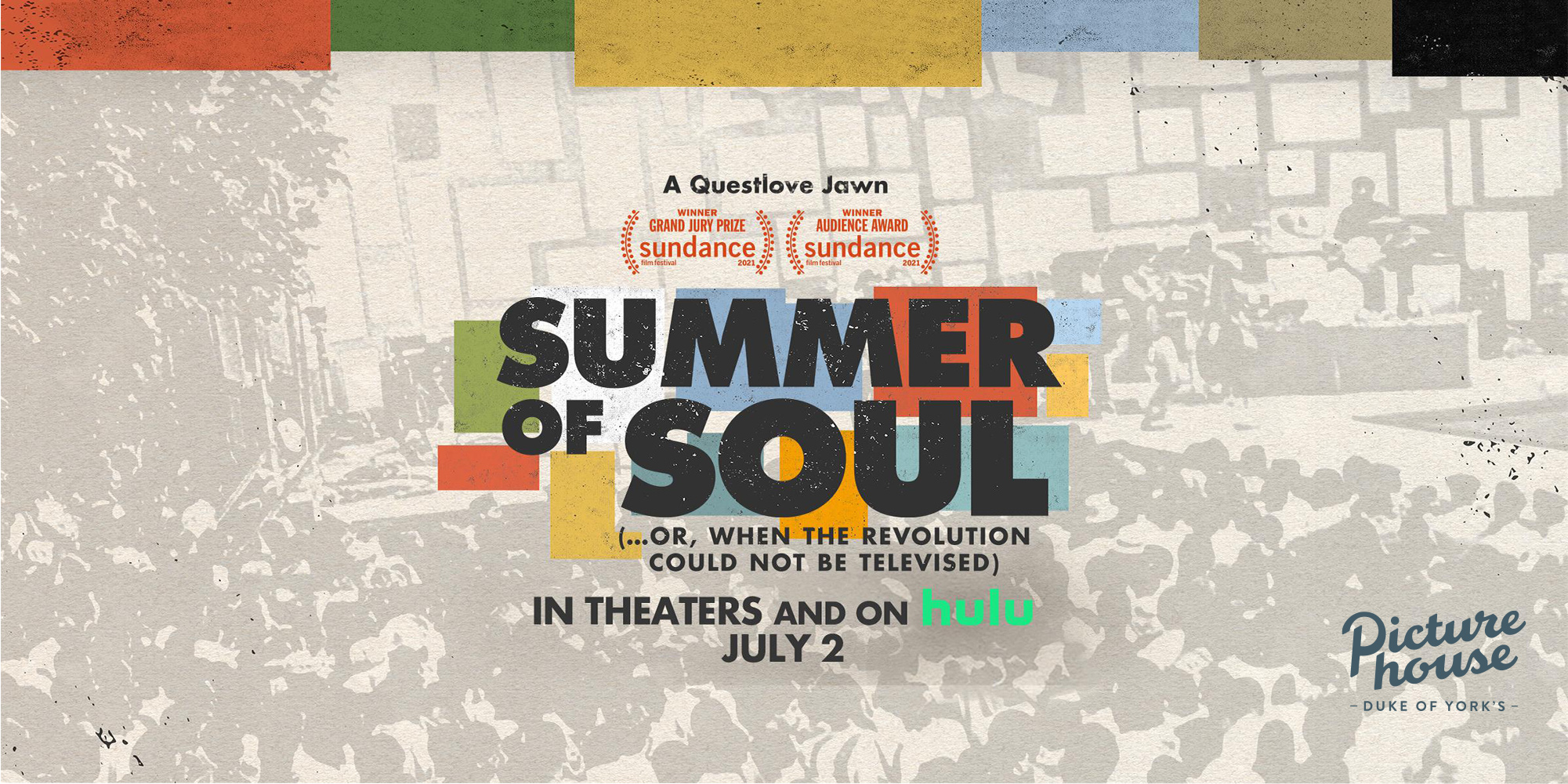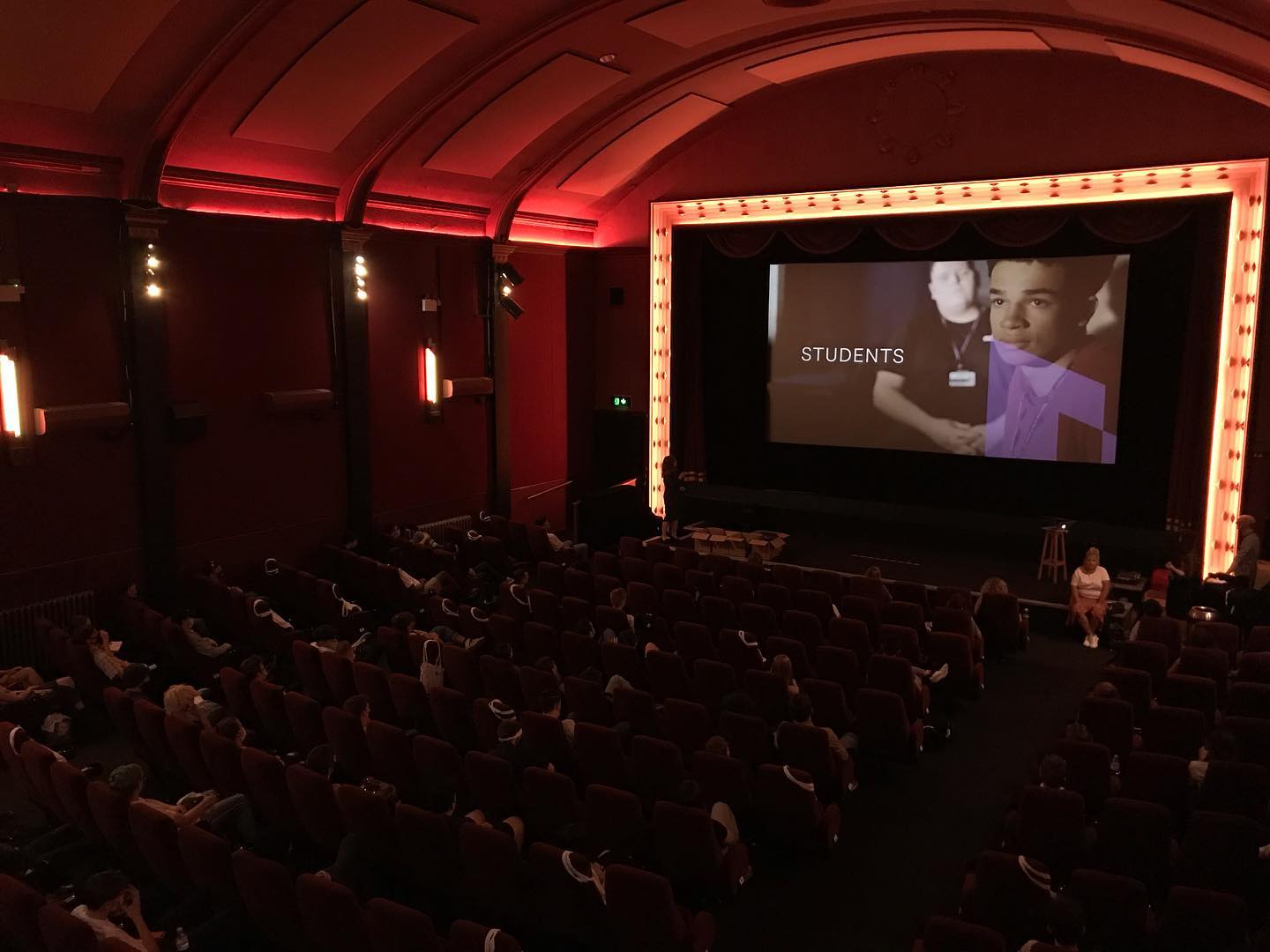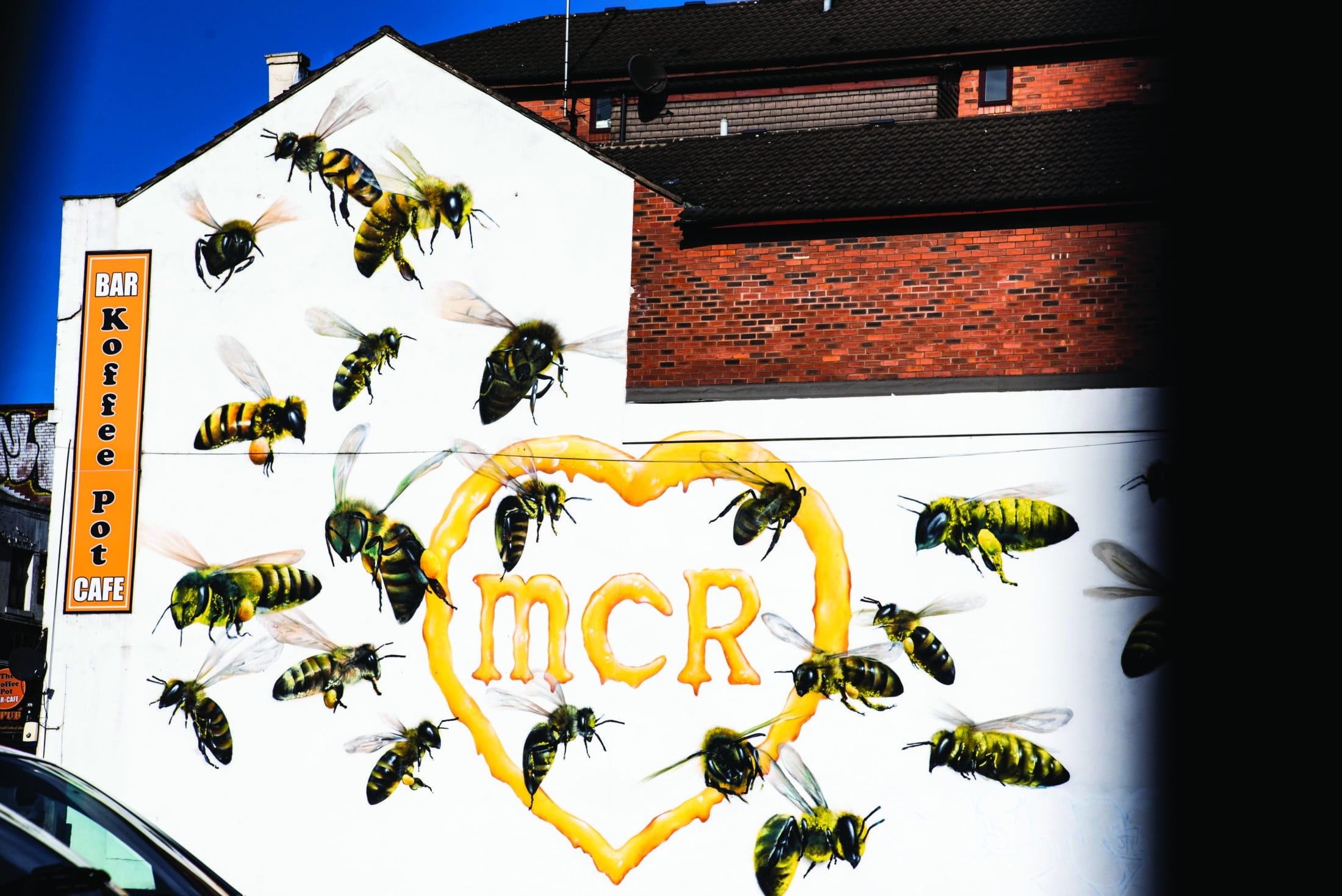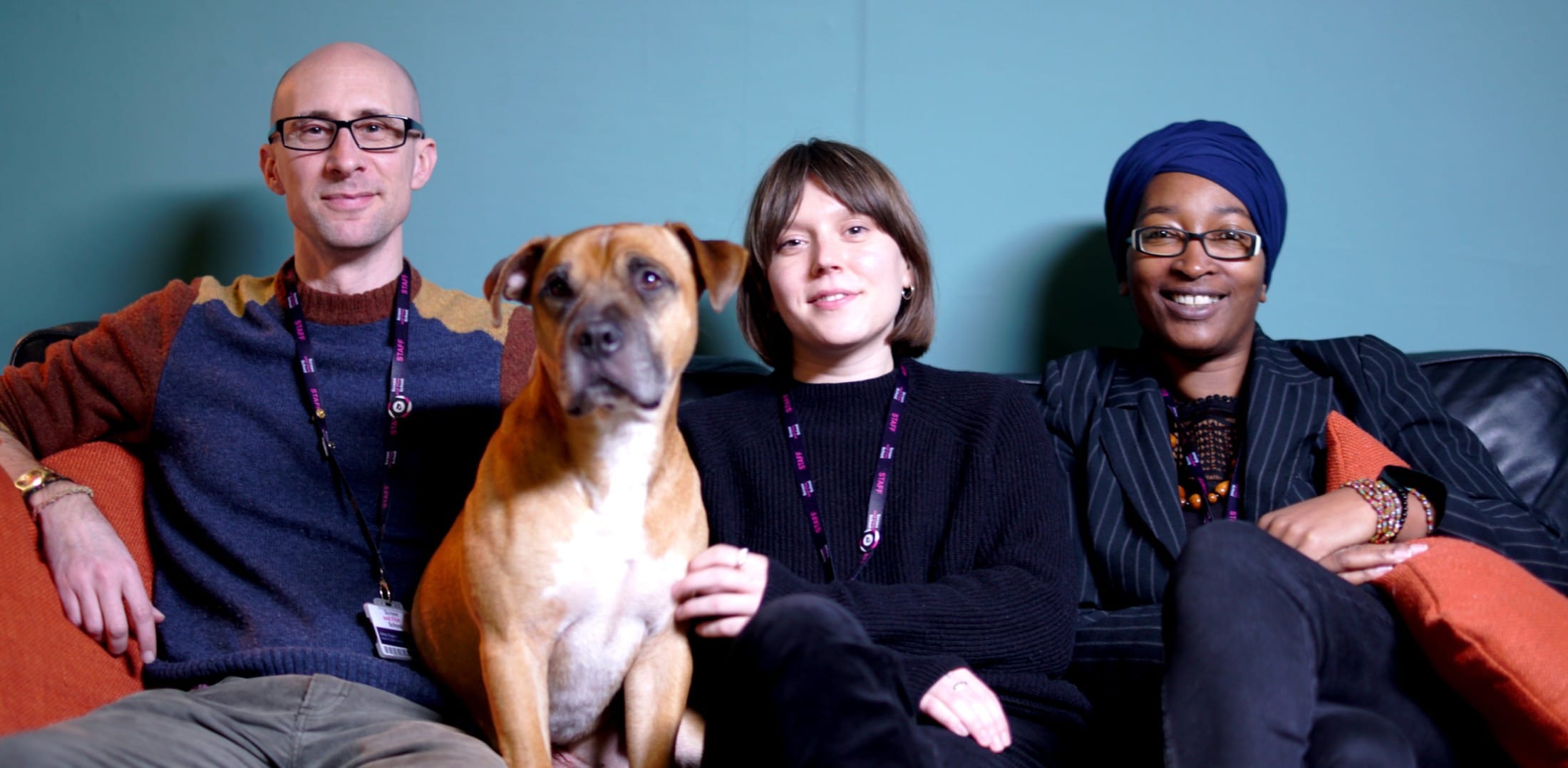Caitlyn Parr, current filmmaking student at Screen and Film School Brighton, reviews a screening of ‘Summer of Soul’ at Duke Of York’s Picturehouse.
Ahmir “Questlove” Thompson’s directorial debut ‘Summer of Soul’ showcases unseen footage of a music festival right at the heart of a cultural uprising in America. This breath-taking concert documentary ties in high-quality restorations of archival footage with heart-warming interviews. Underneath the urge to tap your foot to the brilliant sounds of Motown, soul, blues and many more genres is a powerful story of togetherness and fighting through music.
In the same summer as the Woodstock festival, 100 miles away, over 300,000 people gathered in Mount Morris Park to attend the ‘Black Woodstock’ – more formally known as the Harlem Cultural Festival. Important figures of Black music such as Mahalia Jackson, The 5th Dimension, David Ruffin, and Stevie Wonder enchanted the crowds with their musical prowess. From the POV shots from the stage to the elongated close-ups of the performers pouring their hearts out, it creates an overwhelming sense of connection and passion. It cleverly builds the history surrounding the creation of the concert and highlights the systemic failings of the time.
Proving that even through crisis and violence, there can still be celebration. Even with no prior knowledge of the festival, viewers can enjoy the sounds of the era and understand its importance within the black community.
The documentary is inundated with interviews, voice-overs, and historical context. Sometimes it was hard to keep up with all the exposition, so it may take a few watches to absorb all the exact details. However, it also portrays the sense that it’s not about learning its entire history. Questlove excellently builds the social, emotional, and political climate of the time. All the pain. All the struggles. All the fight. Shown with the juxtaposition of the joyful music ringing throughout the neighbourhood.
The rhythm and pacing of the edit perfectly match the music that plays throughout and there are elements of humour woven in to complement this. The raw and emotional interviews from attendees and performers, bringing back their fond memories, leave the audience wondering – how did such a culturally impactful event get forgotten?
The film perfectly conveys the feeling of being unapologetically black, in the fight against black erasure. It is a celebration of all the work that has been done, and all the work that is still to come. It is a must-see for music lovers and activists alike.
Words by Caitlyn Parr



